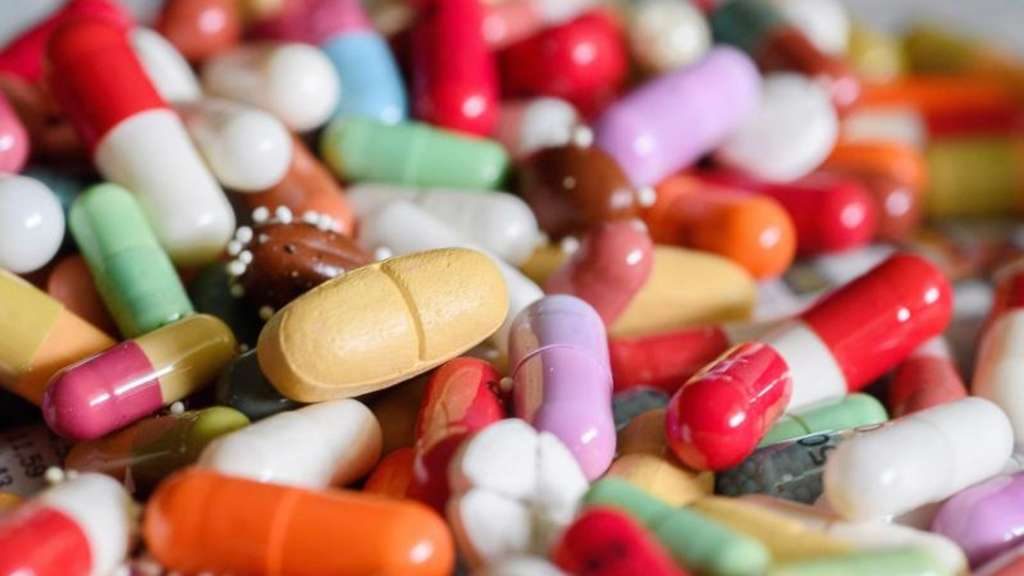RIO DE JANEIRO, BRAZIL – Since August 7th, buying certain types of disposable diapers, sanitary napkins, and drugs for treating patients with cancer and HIV/Aids has become cheaper. Import tariffs, formerly up to 18 percent, have been reduced to zero or two percent.

These products are included in a list of 17 items that have seen their import tariffs lowered. To meet the health care demand and to follow the new government guideline, in order to open the Brazilian market to imported products, the taxation of several industrial supplies was also reduced, in addition to parts, components, and equipment for the development and operation of data centers.
According to the Ministry of Economy, the measure aims to reduce the cost of production for companies located in Brazil and the price of products for consumers.
The ministry projects a reduction in spending on import tariffs of around R$150 million per year, including private companies and the federal government, which buys drugs under the Unified Health System (SUS). In this specific case, the tax reduction applies to two types of drugs, one for AIDS and another one for kidney cancer.
The Brazilian government may unilaterally amend the import rates — in other words, by not negotiating the measure with the other Mercosur members — since these products are included in the List of Exceptions to the Common External Tariff (TEC), used in trade with countries that are not part of the South American bloc. This system enables the enforcement of tariffs other than those established by the TEC.
Currently, Brazil is entitled to retain a list of 100 items as exceptions to the TEC until December 31st, 2021.
These temporary exceptions may include tariff levels lower or higher than the TEC, provided that they do not exceed the tariff levels established by the World Trade Organization (WTO). Brazil, Argentina, Paraguay, and Uruguay may unilaterally amend up to 20 percent of the total products included in their respective lists, every six months.
In parallel, the government relies on the former tariff system, which enables the reduction of import tariffs on capital goods and information technology that are not manufactured in Brazil. This year alone, there was a decrease in the tariffs of 1,189 items.

